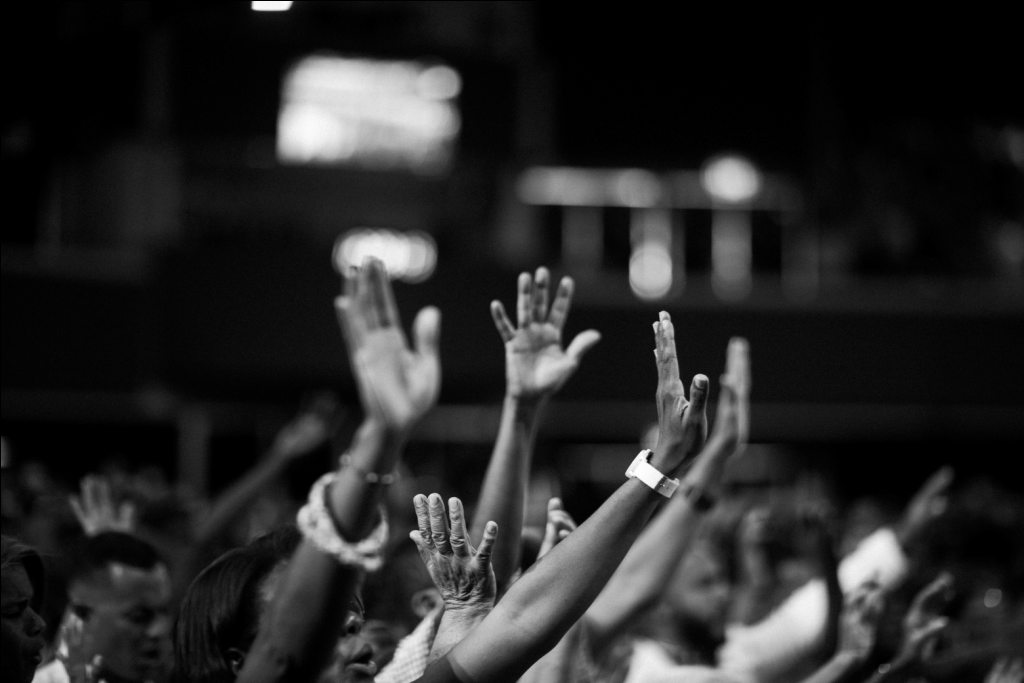Sutanu Guru
The Chief Minister of Bihar Nitish Kumar has triggered a storm of controversy with the manner in which he described a male having sex with a female while speaking in the assembly. He has since apologised and the storm will pass. In any case, numerous male politicians in India have made outrageous remarks against women and gotten away with it. The more significant development coming out from that benighted state is the caste survey whose details were submitted to the Bihar assembly recently. The last “caste” survey in India was carried out by the British during the 1931 census.

The latest caste survey will inevitably lead to other states following suit and doing their own caste surveys. This will become a political issue in the 2024 Lok Sabha elections. Rival gladiators have already staked out their positions. Prime Minister Narendra Modi keeps saying that poverty is the biggest caste. Rahul Gandhi is making fantastic statements about “Jitni Aabadi, Utna Haq” which means your rights are dependent on your proportion in the population.
Already, politicians, activists and scholars have stated arguing that thee scope for reservations for the historically deprived must be expanded. Currently, the Supreme Court has capped reservations in government jobs and educational institutions at 50%. It has repeatedly rejected efforts made by various state governments to increase reservations beyond 50%. It does look like the 50% cap might be breached sometime in the near future.
Talking specifically of Bihar, almost all analysts seem to be barking up the wrong tree while arguing in favour of more reservations. I am all for reservations if they actually help the historically marginalised. But how exactly will increased reservations help ordinary citizens of Bihar lead a more dignified life? Let us assume the Supreme Court allows the Bihar government to increase reservations to 75%. What then?

Sure politicians will go around chest thumping and claim how their steps are revolutionary and how this will transform Bihar. How? I have often compared the performance of Bihar with that of Odisha in the 21st century so will keep this short. In 2001, both Bihar and Odisha were the two poorest states in India. In 2023, the per capita income of Odisha is moe than Rs 1,50,000 a year while that of Bihar is barely Rs 50,000.
The caste survey done by the Bihar government reveals even more shocking data. One third of the people of Bihar survive on less than Rs 200 a day or Rs 6,000 a month. Imagine: one litre of milk is Rs 65, a litre of cooking oil is about Rs 150, one dozen eggs cost about Rs 90, a kilo of potatoes comes for Rs 30 to Rs 40…the list can be endless. How does a poor family in Bihar survive? I am convinced that many in the state would be on the edge of starvation without the free food scheme of the central government operational since April 2020.
Will it lead to higher GDP growth? Will it lead to any improvement in government run schools, colleges and hospitals? Will it lead to higher literacy and life expectancy along with lower malnutrition? The answer to all the questions is a resounding no. Then why behave as if reservations are the magic wand that will transform Bihar into a prosperous state like Tamil Nadu or Gujarat? Please have reservations for the historically deprived in Bihar. But they need much more.
Apart from degrading poverty, Bihar also suffers from the appalling quality of state-run institutions. Be it schools, colleges, primary health care centers, hospitals or universities, the quality offered to ordinary citizens is the worst in the country. No student who is serious about his or her career prefers to stay in Bihar for higher studies. Only the very poor whose families cannot afford the cost of a higher education in even Odisha are doomed to study in the state and pass out as mostly unemployable graduates.
How will increasing reservations to 75% help improve the quality of state run institutions in Bihar? Evidently it cannot. Then there is the existential problem of crime and the absence of law and order. There are increasing and alarming reports of how Bihar is sliding back to the jungle raj era of the 1990s when no one was safe. Those who are poor have no choice but to stay put and hope their daughters are not raped in broad daylight.
But entrepreneurs who actually play the critical role of creating jobs will never invest in Bihar. Who wants to be kidnapped for ransom? In the absence of capital and entrepreneurs, there will be no jobs and the vicious cycle of poverty will continue in the state. Will reservations improve law & order in the state?
But the biggest hoax is government jobs. The state government is virtually bankrupt and there is little, if any chance of any substantial growth in the number of government jobs being offered to citizens. If there are no government jobs, how will reservations help? I often marvel at so called serious analysts and scholars who fail to ask these simple questions while debating reservations.
(Author has been a media professional for over 3 decades. He is now Executive Director, C Voter Foundation. Views are Personal)
























